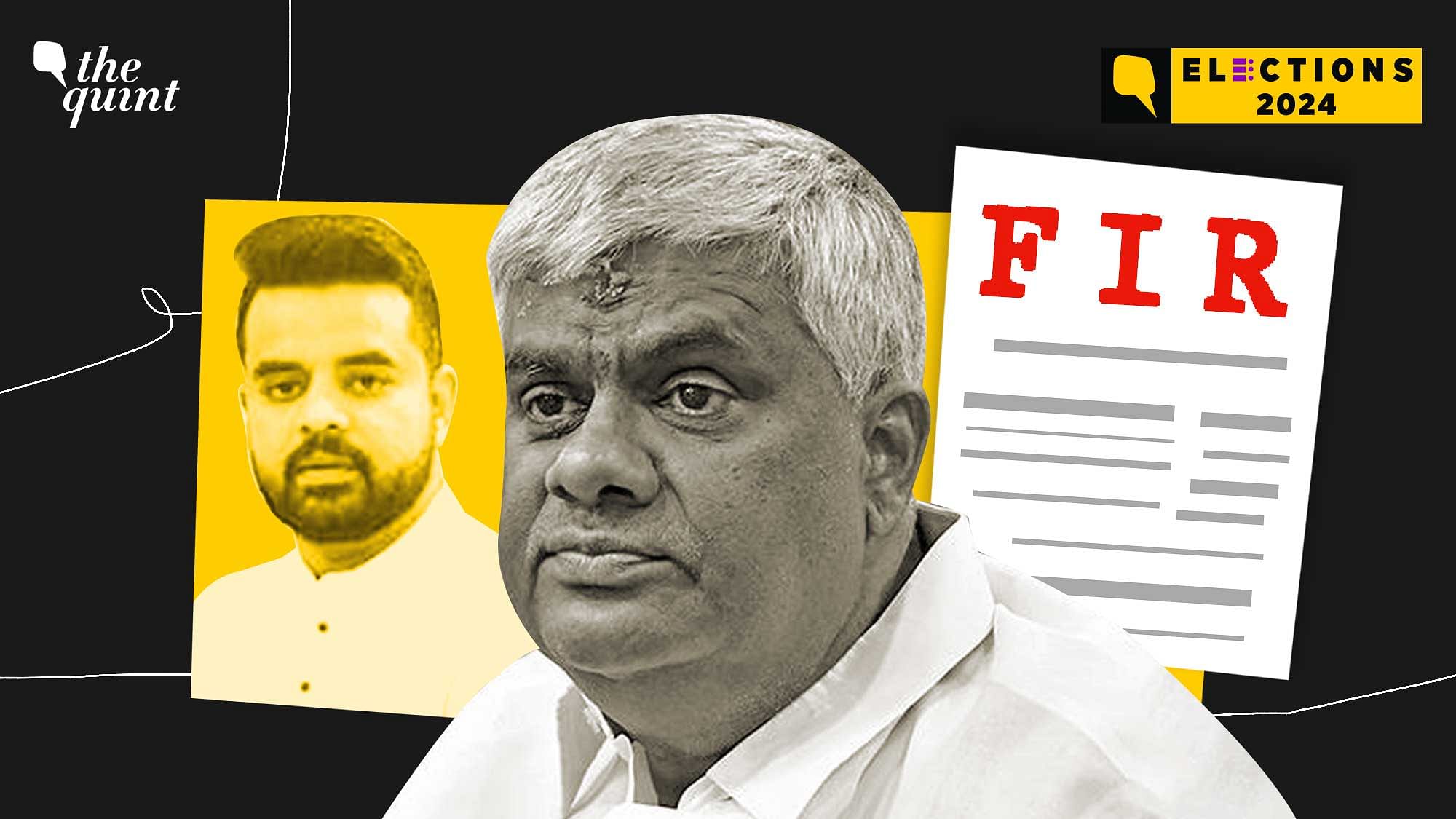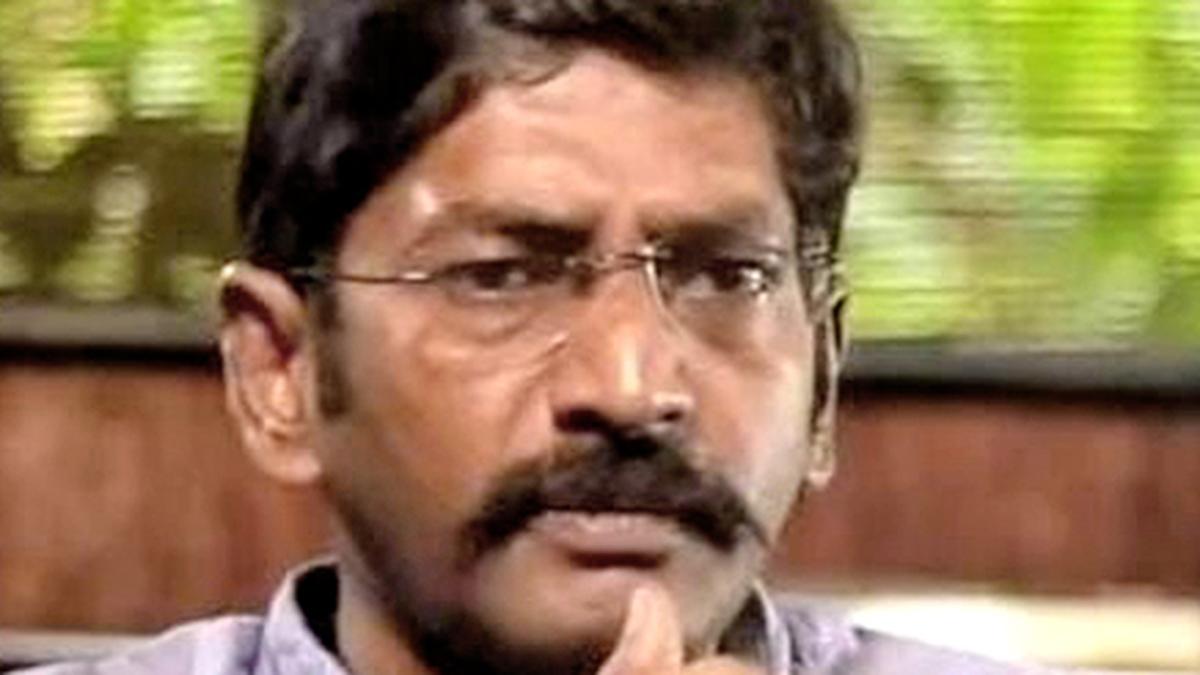The story so far: The BJP’s candidate from the Surat Lok Sabha constituency in Gujarat has been declared elected unopposed. This follows the rejection of the nomination paper of the candidate set up by the Congress party and the withdrawal of nominations by other candidates.
What is the law for nomination?
Section 33 of the Representation of the People Act, 1951 (RP Act) contains the requirements for a valid nomination. As per the RP Act, an elector above 25 years of age can contest Lok Sabha election from any constituency in India. The proposer(s) of the candidate should however be elector(s) from that respective constituency where the nomination is being filed. In case of a recognised party (national or State), the candidate needs to have one proposer. Candidates set up by unrecognised parties and independents need to be subscribed by ten proposers. A candidate can file up to four nomination papers with different set of proposers. This is to enable the acceptance of nomination of a candidate even if one set of nomination paper is in order.
Section 36 of the RP Act sets out the law with respect to the scrutiny of nomination papers by the Returning Officer (RO). It provides that the RO shall not reject any nomination for a defect that is not of a substantial character. However, it specifies that signature of the candidate or proposer found not genuine is grounds for rejection.
What is the current issue?
In the present case, the candidate of the Congress party for the Surat constituency, Nilesh Kumbhani had filed three sets of nomination papers. The proposers for these three nomination papers were his brother-in-law, nephew and business partner. A BJP worker objected to Mr. Kumbhani’s nomination alleging that the signatures of his proposers were not genuine. The RO also received affidavits from the proposers claiming that they had not signed the nomination papers of the candidate. He sought reply/clarification from the candidate within a day on the objections raised. As the proposers could not be produced before the RO within the stipulated time for scrutiny, all three sets of nomination papers were rejected.
The election rules allow for a substitute candidate to be fielded by a political party. The nomination of this substitute candidate would be accepted if the nomination of the original candidate is rejected. In this case, the Congress party had fielded Suresh Padsala as its substitute candidate. However, the nomination paper of the substitute candidate was also rejected for the same reason, that is of the proposer’s signature not being genuine. The other nominations were either rejected or withdrawn paving the way for BJP candidate Mukesh Dalal to be declared winner.
What is the legal recourse?
There have been at least 35 candidates who have been elected unopposed to the Lok Sabha. Majority of them were in the first two decades after independence with the last being in 2012.
In the instant case, however, the Congress party has alleged that the proposers were coerced to backtrack on their signatures. It has approached the Election Commission (EC) seeking to set aside the decision of the RO and restart the election process.
However, it is unlikely that the EC would act on this request as Article 329(b) of the Constitution read with RP Act provides that no election shall be called into question except by an election petition before the concerned High Court. One of the grounds on which such an election petition can be filed is improper rejection of nomination papers. Hence, the legal recourse available is to file an election petition in the Gujarat High Court.
The RP Act provides that High Courts shall endeavour to conclude such trials within six months, which has mostly not been followed in the past. Speedy disposal of election petitions would be a step in the right direction.
Rangarajan. R is a former IAS officer and author of ‘Polity Simplified’. He currently trains civil-service aspirants at ‘Officers IAS Academy’. Views expressed are personal.

 1 week ago
93
1 week ago
93




